frequently asked questions.
-
where to find teaching jobs?
You can find teaching jobs on job boards such as Randstad, which lists vacancies across the UK and abroad. With thousands of schools and higher education institutions, there are career opportunities for teaching assistants, primary teachers and secondary subject specialists. If you want to work as a teacher, first decide which type of education role suits you best. With that in mind, tailor your CV accordingly and send it with a cover letter to Randstad. Be sure to check the job board regularly for new teaching vacancies.
-
what jobs can you do with a teaching degree?
With a teaching degree, there are a variety of popular teaching jobs you can apply for. Some of the most common include positions such as:
-
Teaching assistants: support classroom instruction and help supervise learning activities.
-
Primary teachers: help younger children develop literacy and numeracy skills and prepare them for secondary education.
-
Maths teachers: educate students in mathematics, from basic arithmetic to advanced problem-solving.
-
Science teachers: cover subjects such as biology, chemistry and physics, often through a mix of theory and practical experiments.
- SEN teachers: support students with special educational needs through personalised learning strategies.
-
-
how to apply for teaching assistant jobs?
To apply for a teaching assistant job, start by checking Randstad’s job board for open positions in your area. Update your CV with relevant experience, qualifications and related skills like classroom support, communication and child development. Before applying, review the job description carefully and highlight how your background matches the requirements of the role. Where possible, customise your application to reflect each school’s needs and include a tailored cover letter.
-
what jobs can you get with an education degree besides teaching?
These are some common education jobs outside of teaching:
-
Private tutors provide one-on-one support tailored to individual learning needs, often helping students improve in specific subjects or prepare for exams.
-
Social workers work closely with families and schools to support the well-being and educational development of children and young people.
-
Corporate learning and development specialists create training programs in office environments, helping employees build skills and improve performance.
-
Jobs in human resources (HR) often involve employee training, development and performance improvement strategies.
- Content writers with an education background can create learning materials, curriculum guides or articles for course publishers and education companies.
-
-
what are the highest paying jobs in education?
The highest paying job in education is that of a headteacher. Salaries for education roles vary based on role, location and level of experience. For instance, a teaching assistant in the UK typically earns around £18,000 per year, with top salaries reaching up to £23,000. Qualified teachers can earn up to £56,000 in most parts of the UK and up to £64,000 in London. Headteachers, the most senior leaders in schools, can earn as much as £112,000 annually, particularly in larger schools or high-demand regions.
-
what qualifications do I need to be a teaching assistant in the UK?
While you don’t need formal qualifications to apply for a teaching assistant role in the UK, having relevant training can help you stand out to employers. Some recognised qualifications include:
-
Level 1 Award in Preparing to Work in Schools
-
Level 2 Award in Support Work in Schools
-
Level 3 Award in Supporting Teaching and Learning in Schools
-
Level 3 Diploma in Childcare and Education
You can also gain valuable hands-on experience through a teaching assistant apprenticeship, which combines practical training with classroom learning.
-
the lowdown on education careers, in 60 seconds.
education jobs-
the lowdown on education careers, in 60 seconds.
-
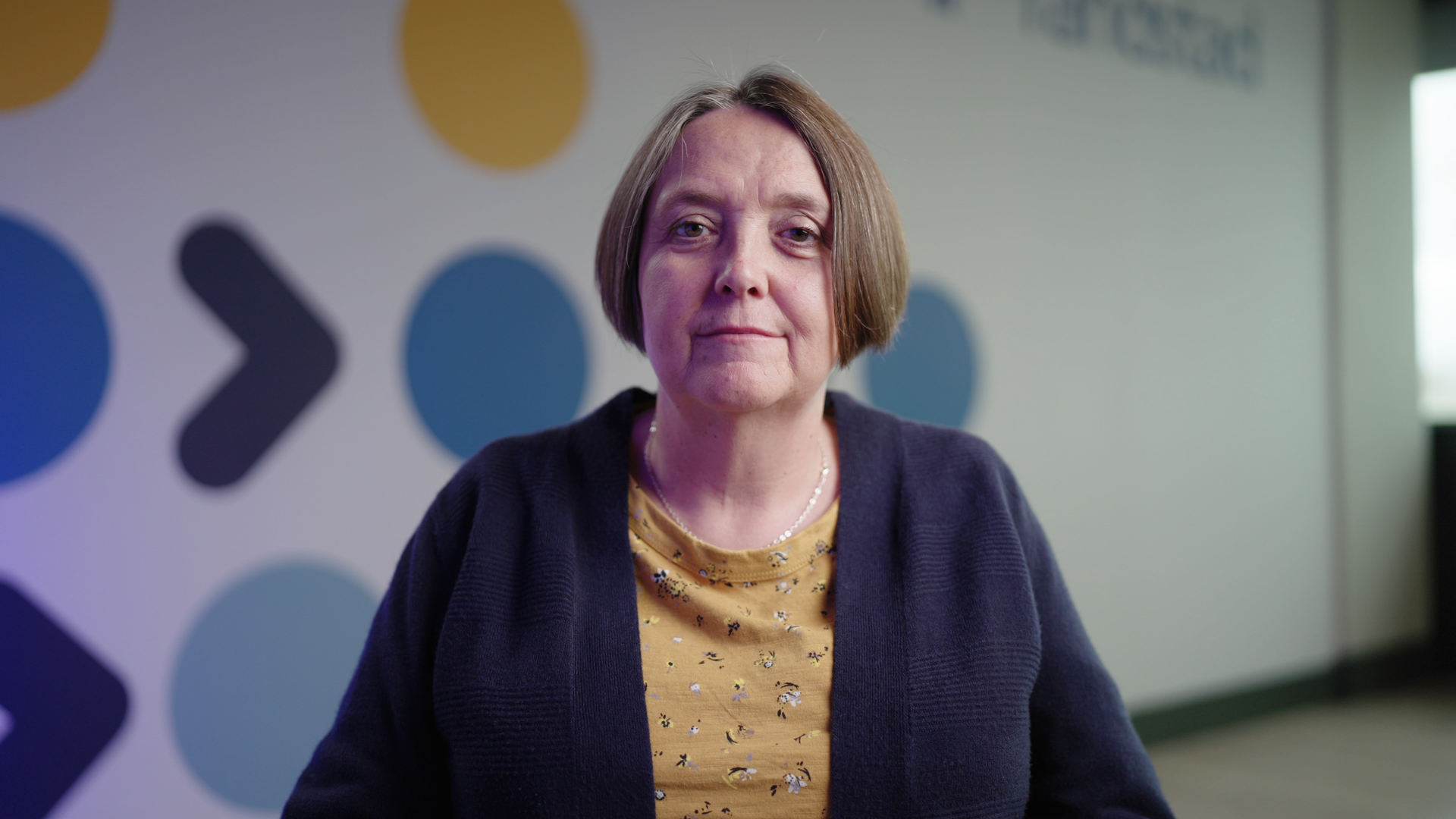
julia - supply teacher.
A career in supply teaching brought to life by Leeds based supply teacher Julia.
-
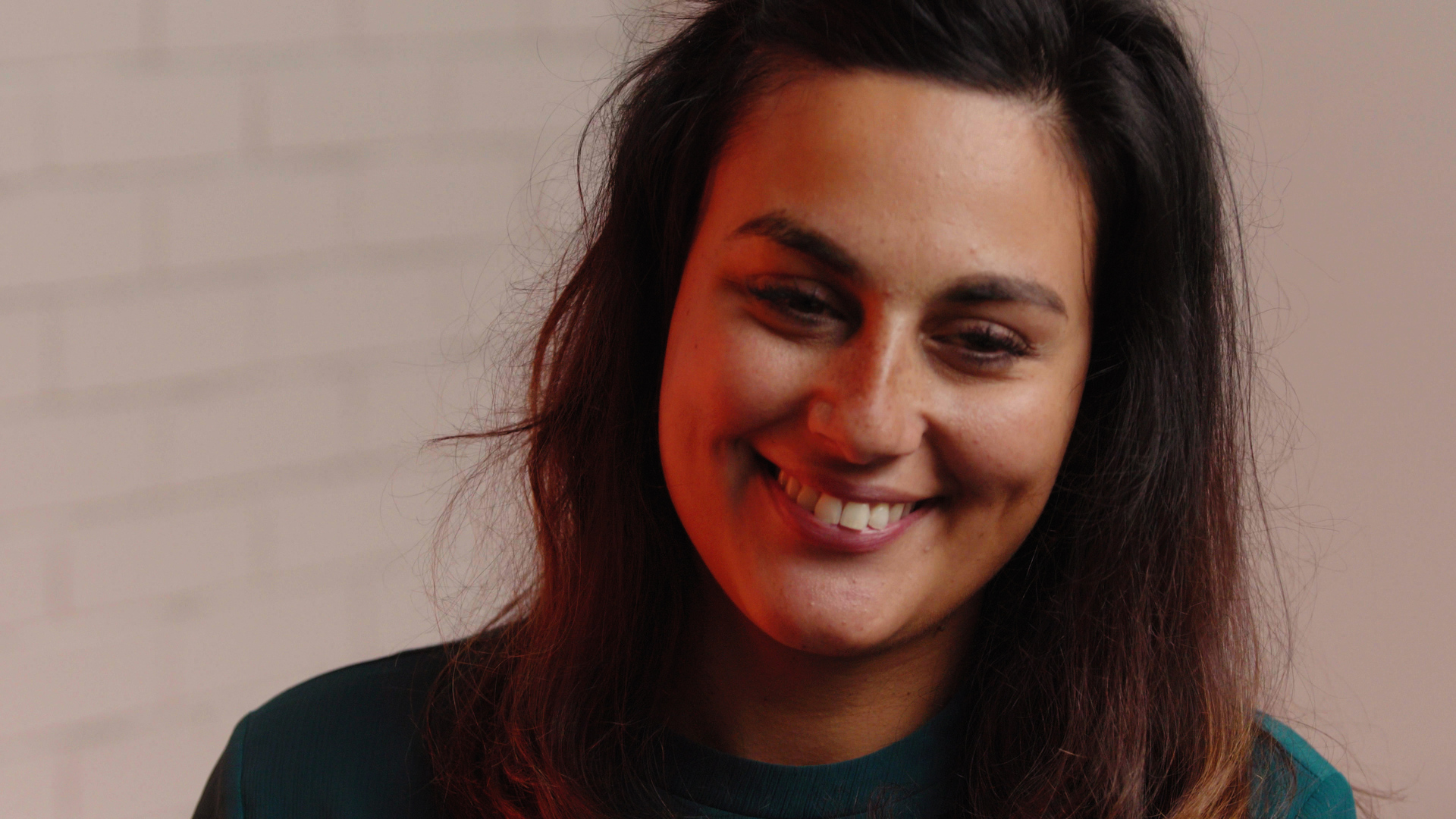
lucy - primary teacher.
Lucy explains why she chose a career in teaching in 60 seconds.
-
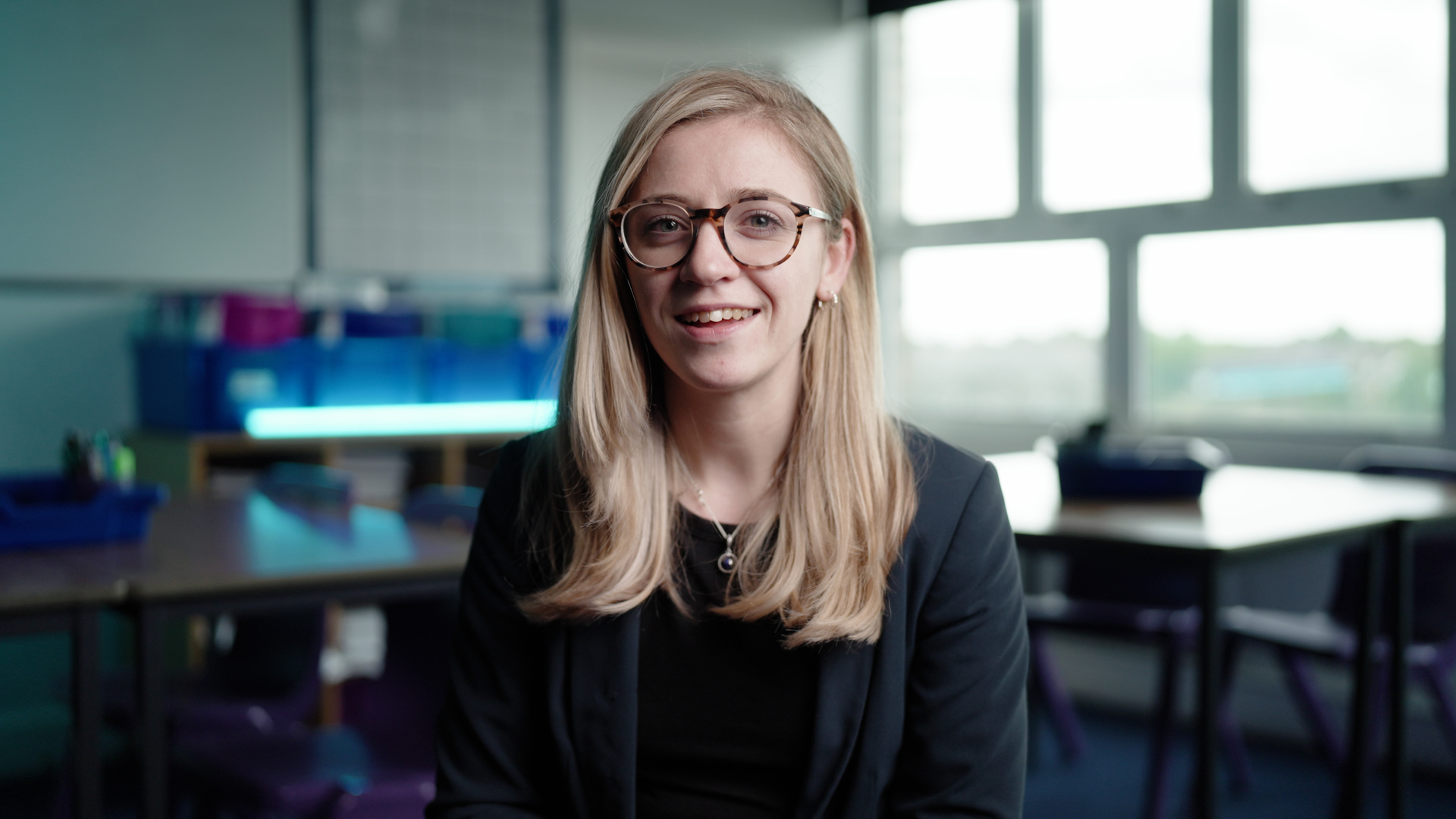
abbie - head of maths.
Abbie talks us through how she went from studying maths at university, to becoming a teacher.
our industry specialisms.
real life stories from real life teachers.
start your story-
real life stories from real life teachers.
-
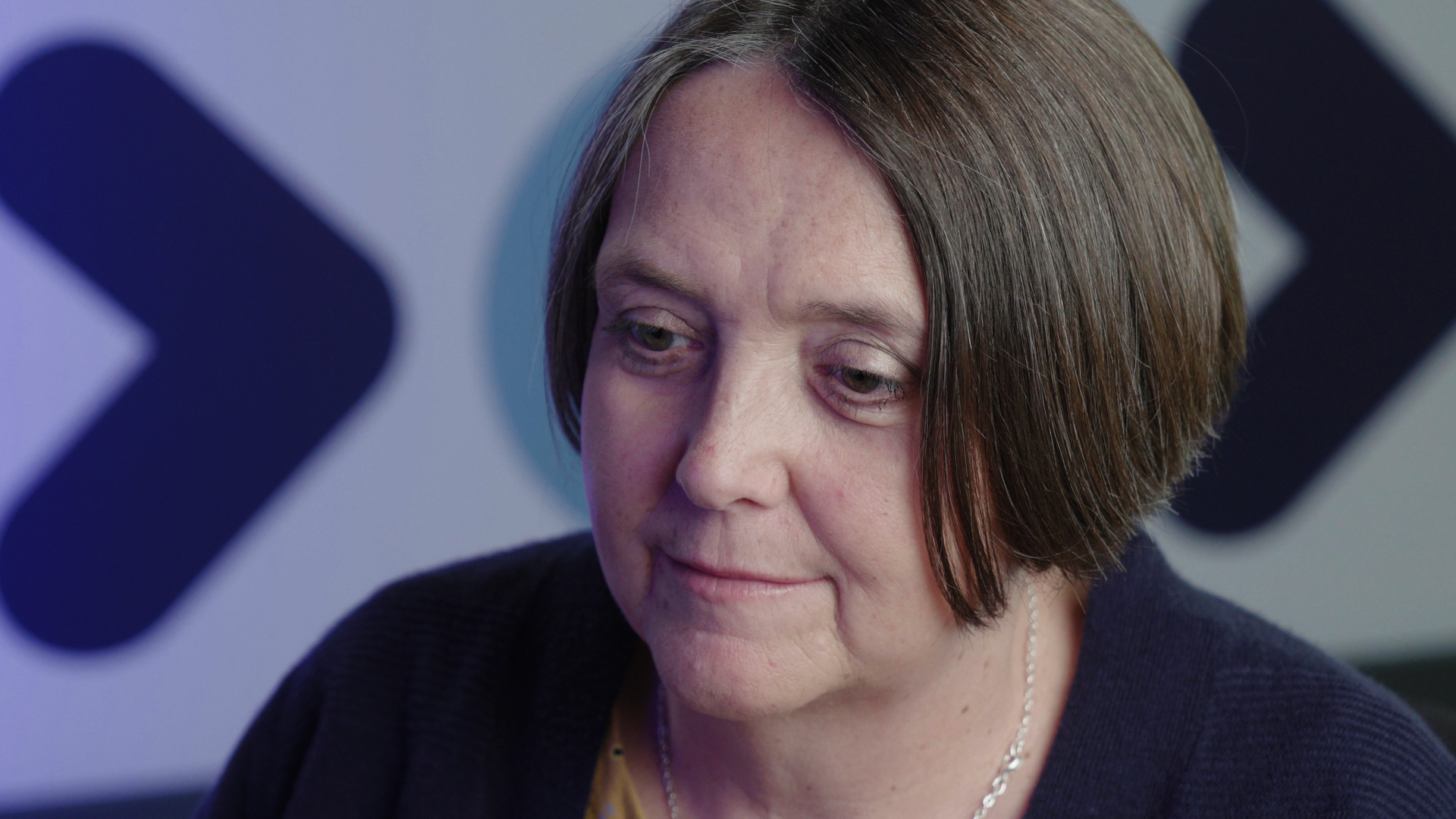
supply teacher.
Becoming a supply teacher is a fantastic way to try out different roles in the classroom, to see what you like best. Watch the video to hear about how Julia built her career.
-

primary teacher.
Lucy talks about life as a primary teacher, what she enjoys and what inspires her.
-
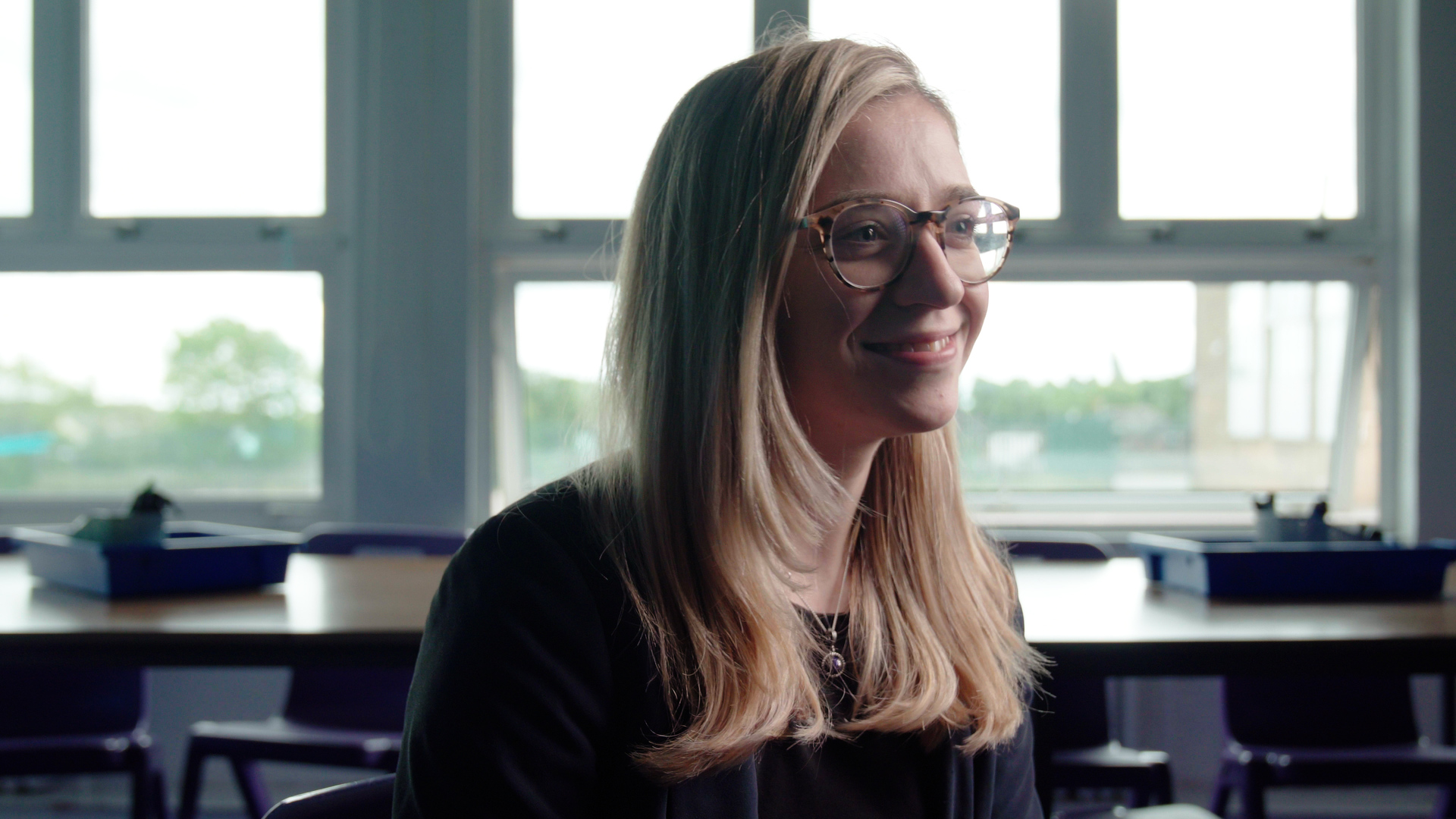
head of maths.
Abbie, a head of maths, tells us why she decided to get into teaching, and how she progressed her career.
education jobs overview.
we have thousands of education jobs to offer you. Below you can learn more about some of the key roles we secure for education professionals.
-
teaching assistant
A teaching assistant, also known as a classroom assistant involves working very closely with the teacher to offer support and assistance to pupils and is an entry level position perfect for those looking to begin a career in education.
Teaching assistants work with all pupils or may offer extra support to individual children with specific learning disabilities. Teachers would find it difficult to listen to 30 children read one-to-one, so a classroom assistant or TA may help with this, offering guidance and support to the individual learner.
TAs also help the teacher with the day to day running of the classroom, monitoring and addressing behaviour and also helping out with children who might be upset or unwell.
- Interested in finding more about becoming a teaching assistant? Discover our teaching assistant job profile page here.
- Or if you're ready to apply for a job as a teaching assistant, browse the latest roles here and apply directly.
-
primary teacher
Primary teachers typically educate young children from four years, at the reception stage, to eleven years, which is year 6 in England and Wales. The job of a primary teacher is to build the numeracy and literacy skills of the children and prepare them for secondary school. Primary teachers work with a single class for the entire academic year. That means being conversant with all the subjects in the national curriculum.
As well as holding the relevant qualifications, a primary school teacher needs to possess good communication and leadership skills, will need to be a team player, be patient and caring. Experience of working with young people in an educational setting is also very beneficial.
Glen, primary teacher and head of year three tells us about what skills you need to be a good teacher.
-
maths teacher
A maths teacher, math teacher or mathematics teacher, in short, plans and presents maths lessons to students in primary and secondary schools.
Maths teachers are responsible for delivering high quality teaching, through planning engaging lessons to enable all pupils to make the best possible progress.
Due to the complexities of equations and algebra, maths teachers need to be able to demonstrate excellent subject knowledge and communicate this in an enthusiastic and imaginative way. However, with maths being an important part of everyday life, maths teachers play a fundamental part in educating and developing the future generation.
- Ready to apply for your maths teacher role? Browse the latest jobs and apply directly here.
-
science teacher
Science teachers play a key role in developing future leaders in science and technology by fueling the curiosity of students and encouraging further exploration into topics of interest.
Being a Science Teacher requires a hands-on teaching approach, typically with practical experiments and demonstrations to explain things clearly and bring science to life in the classroom.
A science teacher can be certified to teach primary, middle or high school. At higher grade levels and in colleges/universities, science teachers typically focus on specific areas such as biology, earth science, animal science, chemistry, or physics.
To be a successful science teacher it is important to have a passion both for science and sharing knowledge to young people, instilling in them the same excitement for the subject.
-
KS2 teacher
A key stage two teacher, also known as a ‘KS2’ teacher, teaches pupils between the ages of seven and eleven years old. KS2 teachers ensure learners achieve the objectives stipulated in the curriculum and are also responsible for preparing pupils for secondary school following year six.
While being a Key stage two teacher comes with plenty of responsibility, it also has a lot of great benefits. KS2 teachers gain tangible experience in a busy school environment, support children to achieve their full potential and provide a great route for career progression.
-
SEN teacher
Special educational needs teachers, or SEN teachers for short, work with children who need additional learning support. Some of the children that SEN staff teach have physical disabilities and emotional, learning, behavioural and communication difficulties. SEN teachers can also work with children with dyspraxia, autistic spectrum disorder, sensory impairments and mental health issues.
The role includes providing the same education as other teachers, but developing individualised learning activities to make it easier for the children to understand. This includes customising standard teaching methods and introducing specialist equipment and learning tools.
our application process in education.
See what comes ahead in the application process. Find out how we help you land that job.
latest education insights.
see all education articles.-
 06 January 2026
06 January 2026five tips for accessing your university support remotely.
-
 10 October 2025
10 October 2025redesign your healthcare career: a practical guide to beating burnout.
-
 17 July 2025
17 July 2025our student support summer satisfaction survey results 2025
-
 10 April 2025
10 April 2025the power of peer feedback for transforming care performance.
-
 11 March 2025
11 March 2025nursing career growth: balancing professional goals with personal wellbeing.
-
 10 June 2024
10 June 2024randstad awarded place on newcastle city council's alternative provision and specialist tuition framework.









